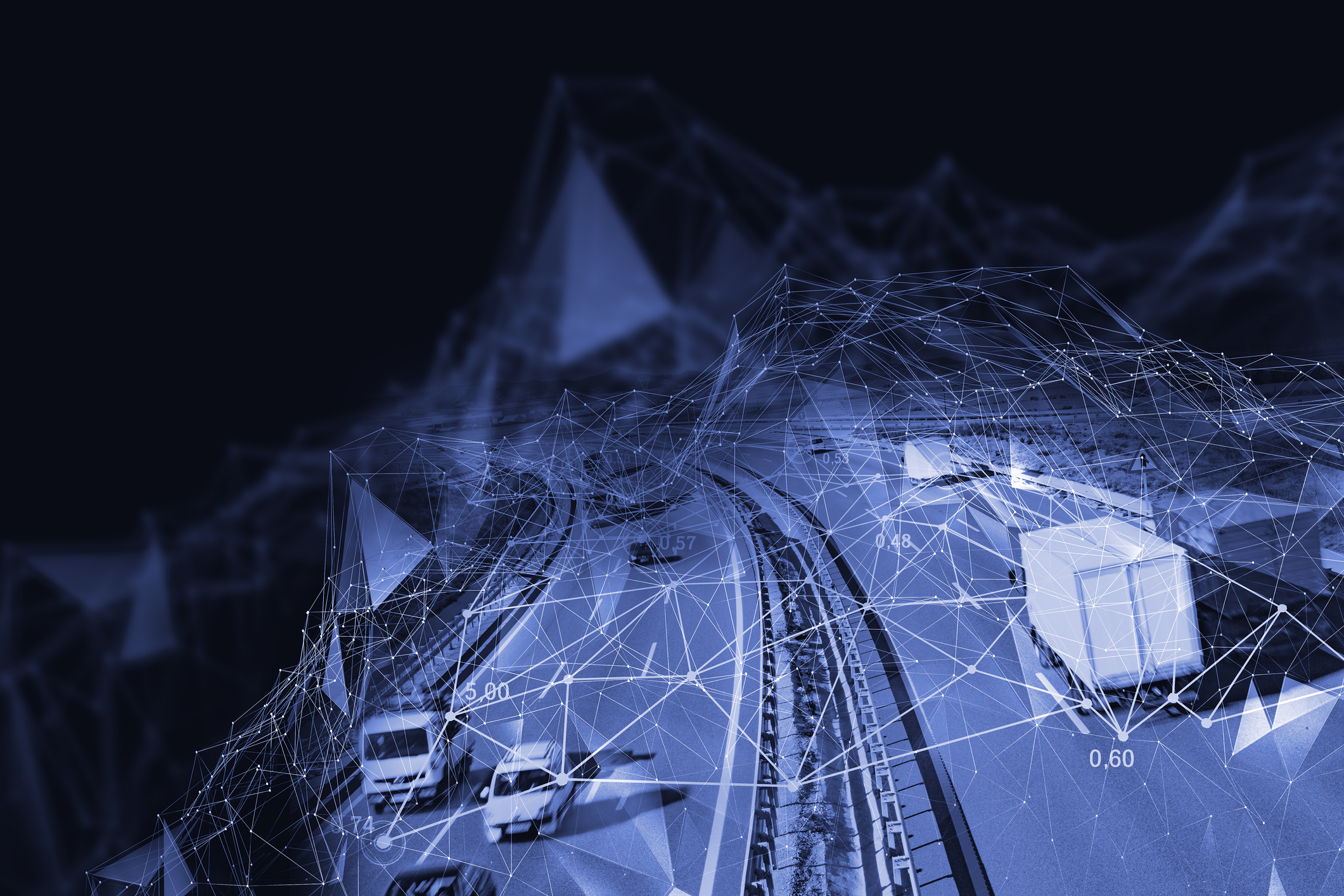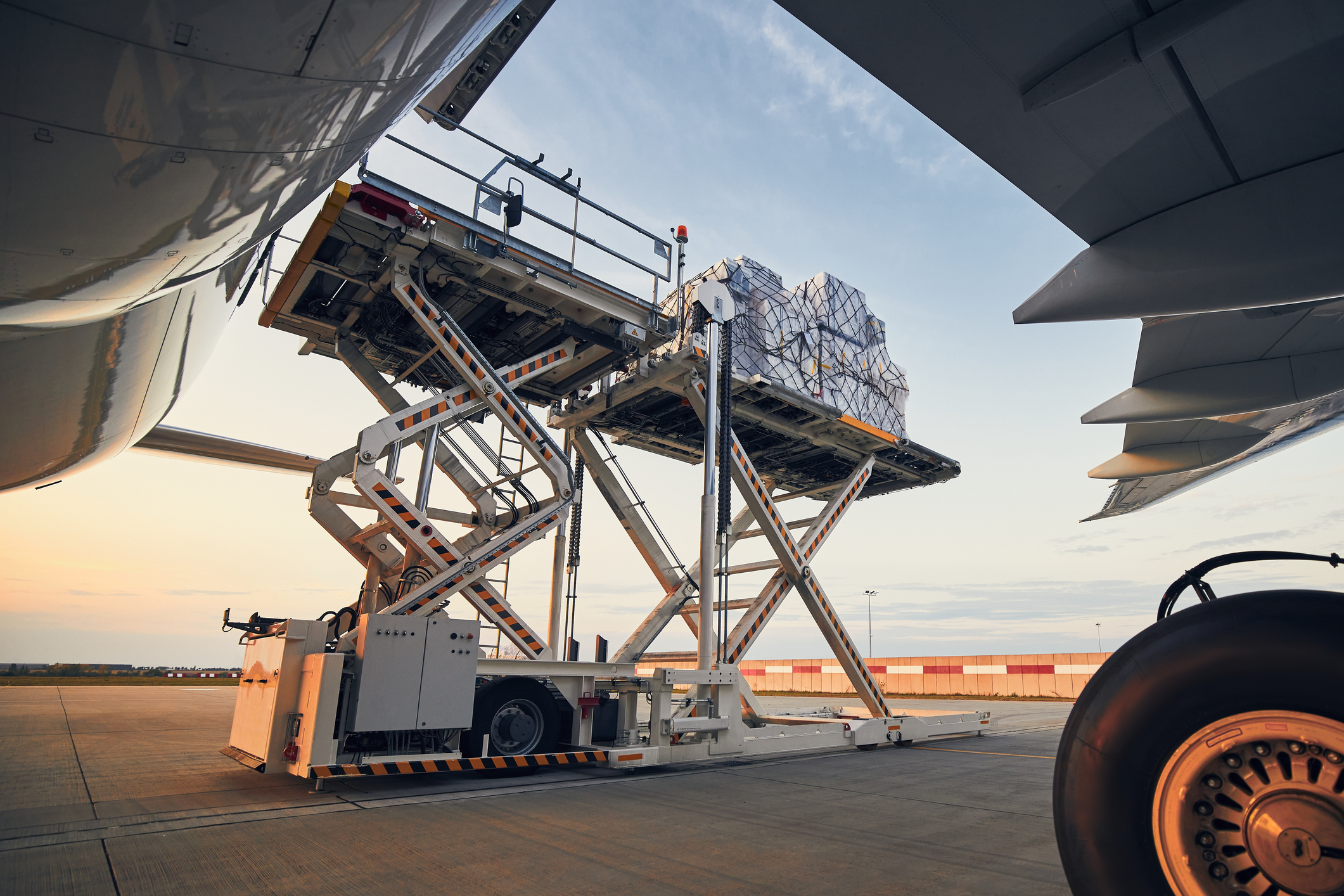Understanding AI’s Transformation of Truckload Shipping
The impact of AI on truckload shipping is profound and multi-faceted. Firstly, AI can enhance overall operational efficiency. AI-powered predictive analytics can forecast demand patterns, optimize routes, and improve resource allocation. Furthermore, AI can help reduce fuel consumption by predicting traffic conditions and suggesting the most fuel-efficient routes. Secondly, AI can also improve safety measures. AI-integrated smart sensors can monitor driver behavior, detect fatigue, and alert drivers to potential road hazards, thereby reducing accidents.
Beyond operational and safety improvements, AI has the potential to completely upend the model of the trucking industry. Autonomous trucks, powered by AI, are no longer a sci-fi fantasy but a rapidly approaching reality. These trucks will be able to operate 24/7 without being restricted by driver fatigue, dramatically increasing productivity. Besides, they will also reduce labor costs, providing a significant competitive advantage to those who adopt them early.
Evaluating Challenges and Opportunities in AI-Driven Trucking
However, AI-driven trucking is not without its challenges. The initial cost of integrating AI technology can be high and may pose a barrier to adoption, especially for smaller companies. Also, the existing workforce may require re-skilling or up-skilling to handle AI-integrated systems. Furthermore, the prospect of autonomous trucks raises concerns about job losses in the sector. It’s a complex issue that needs to be addressed prudently to ensure a smooth transition to an AI-driven model.
Despite these challenges, the opportunities in AI-driven trucking are immense. The digitization of the trucking industry presents a chance to create new jobs that revolve around managing and maintaining AI systems. In the long term, the cost efficiency, operational optimization, and enhanced safety offered by AI could outweigh the initial investment. For those willing to adapt and evolve, AI could be the key to staying competitive in the ever-changing landscape of the trucking industry.
AI-driven trucking also offers opportunities for sustainability. As mentioned earlier, AI can help reduce fuel consumption by optimizing routes. Moreover, autonomous trucks, which can be electric, hold the promise of a significant reduction in carbon emissions. Therefore, embracing AI could also contribute to the industry’s efforts towards environmental sustainability.
In conclusion, the impact of AI on the truckload shipping industry is undeniable. It offers several advantages, including greater efficiency, improved safety, and potential sustainability benefits. However, the industry must also navigate the challenges that come along, including high initial costs, worker re-skilling, and job displacement fears. Ultimately, the successful integration of AI in trucking will hinge on the industry’s ability to balance these challenges and opportunities, shaping a future that is both economically viable and socially responsible.




